What Are the Alternative Fuels for Cement Kilns?
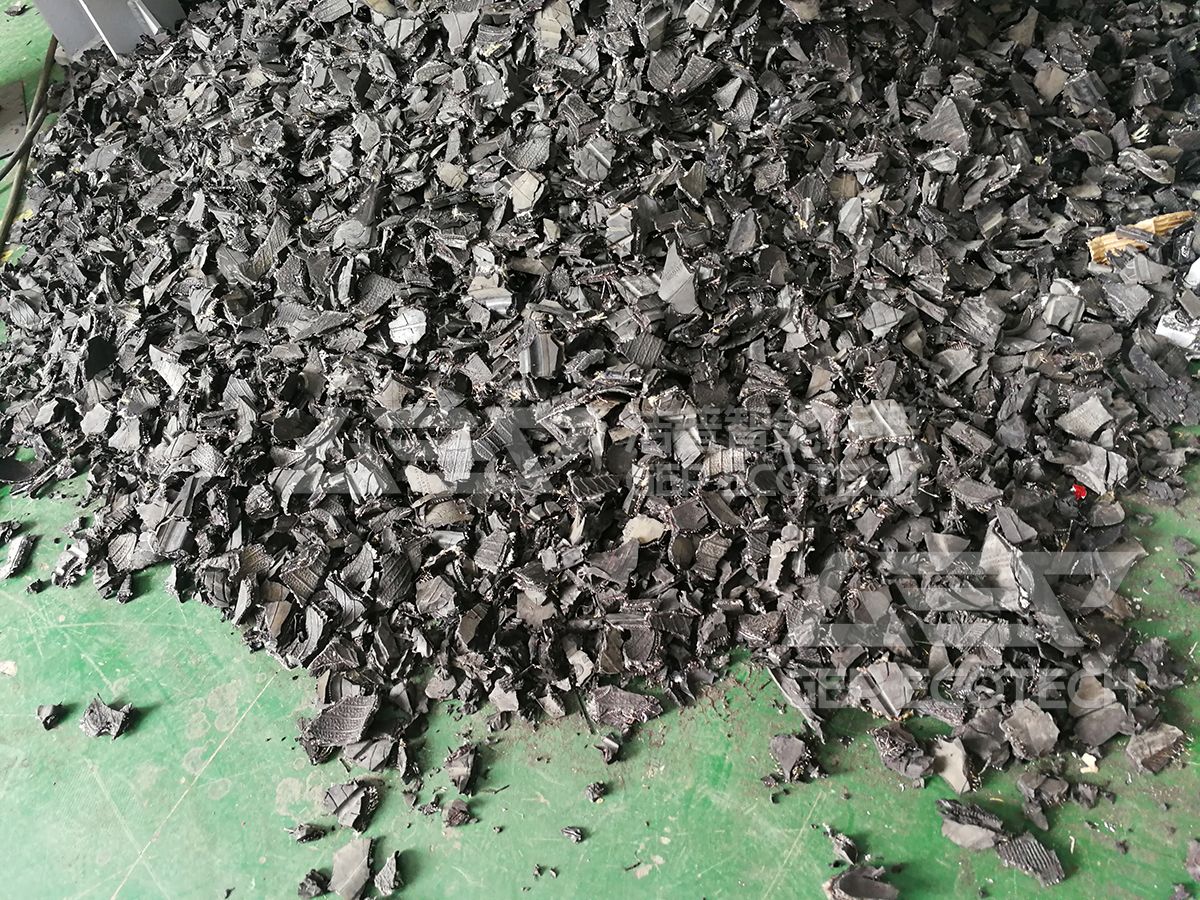
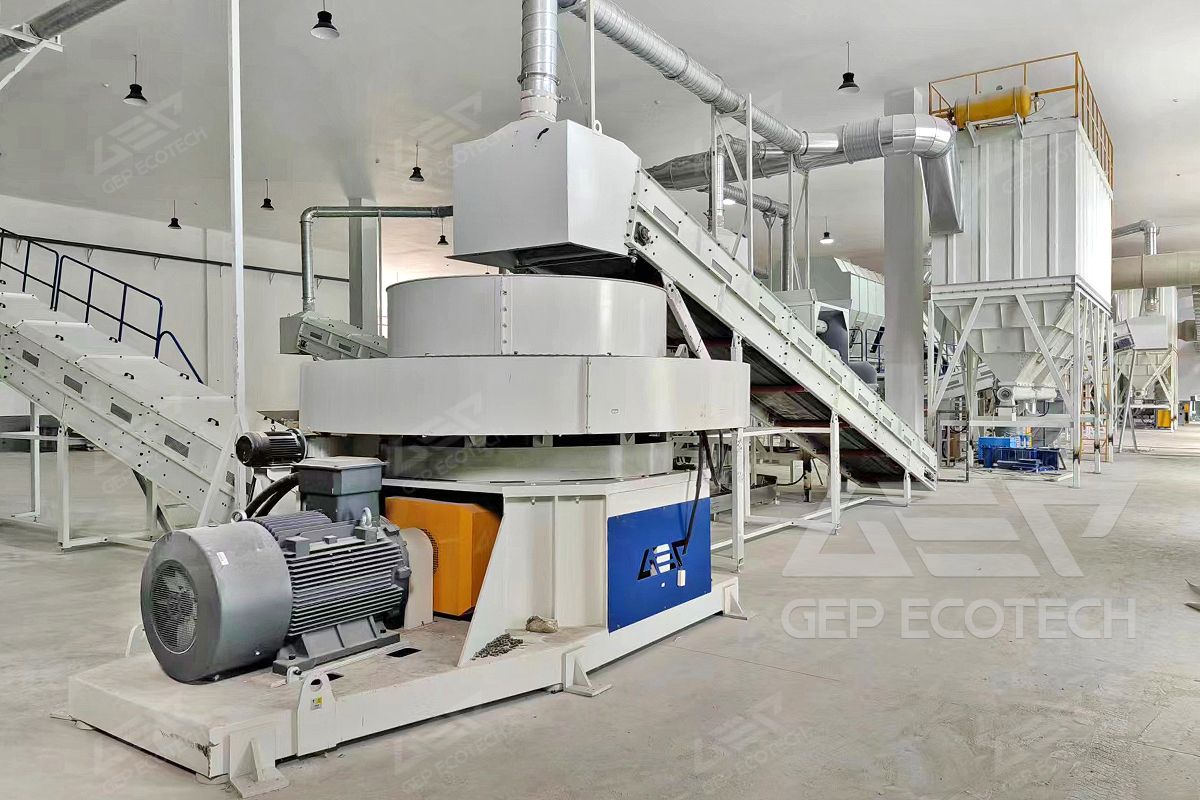
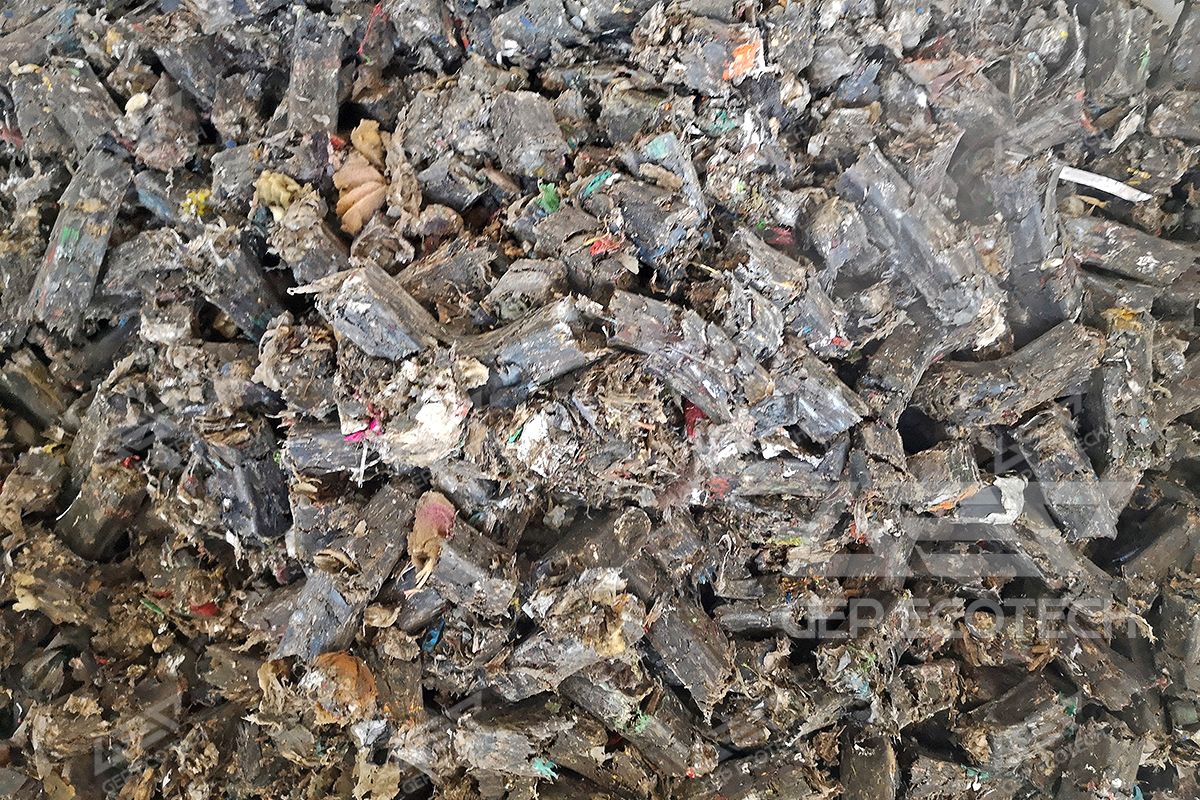
Alternative fuels have become increasingly popular in the cement industry as a way to reduce costs and environmental impact. One way that cement kilns are using alternative fuels is by replacing traditional fossil fuels with alternative fuels.Alternative fuels that are commonly used in cement kilns include:Tires: Scrap tires can be used as an alternative fuel in cement kilns. The tires are shredded and then burned as fuel, which provides a high-temperature, high-energy burn that is ideal for the…
Learn MoreCommon Waste Disposal Equipment for Waste to Energy Plant
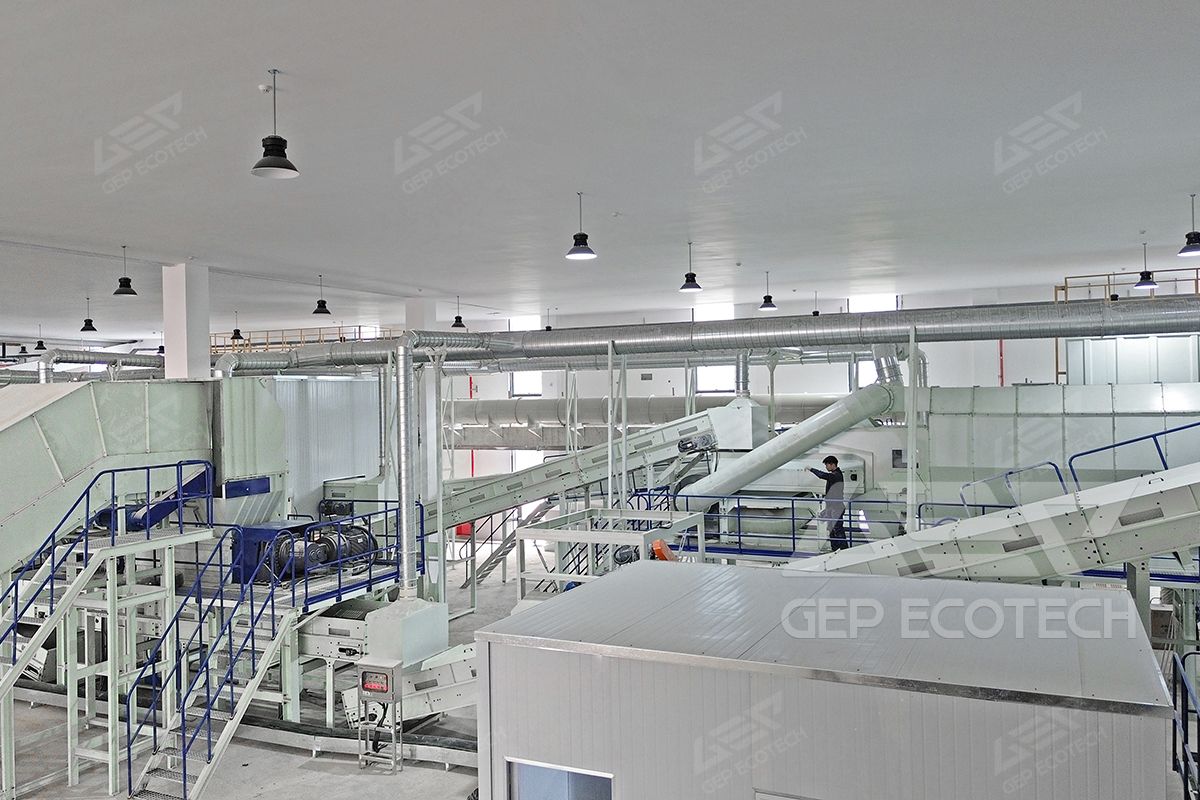
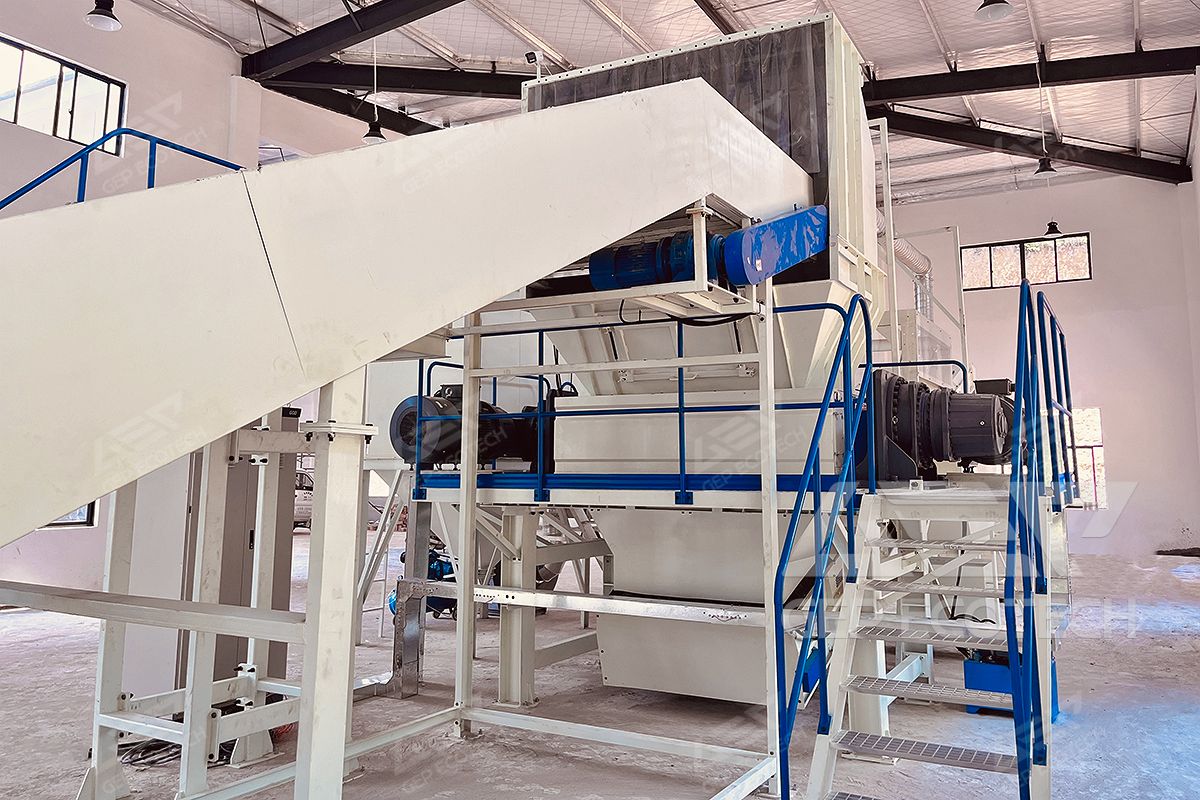
Waste-to-energy (WtE) plants are designed to efficiently handle, sort, and process different types of waste materials to convert them into energy. Different types of waste disposal equipment are needed for various stages from waste to energy. Here are some of the most common waste disposal equipment used in WtE plants:Waste conveyors: Conveyors are systems for transporting waste from the bunkers to material pre-treatment areas. The conveyor systems can be designed to carry heavy or light materials such as…
Learn MoreHow to Improve the Calorific Value of RDF in the Production Process?
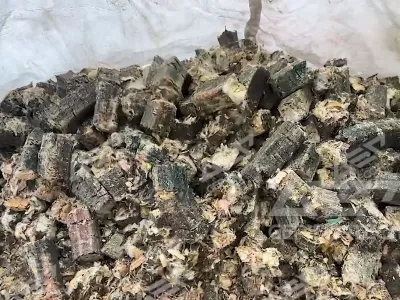
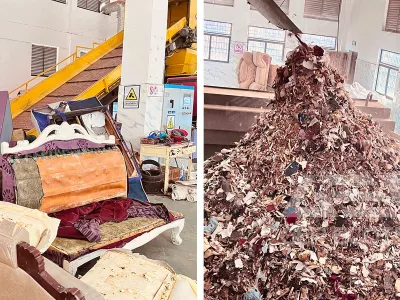
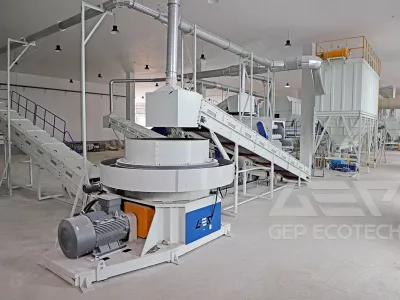
The calorific value of RDF(refuse-derived fuels) is a key parameter that affects the energy efficiency and economic benefits of waste-to-energy plants. How to improve the calorific value of RDF in the production process has become a hot topic in the waste treatment industry. This article will introduce how to improve the calorific value of RDF in production through aspects such as raw material selection, process technology, and optimization management.Raw material selection(1) High caloric raw materials:…
Learn MoreRecycling RDF from Waste for Cement Plants
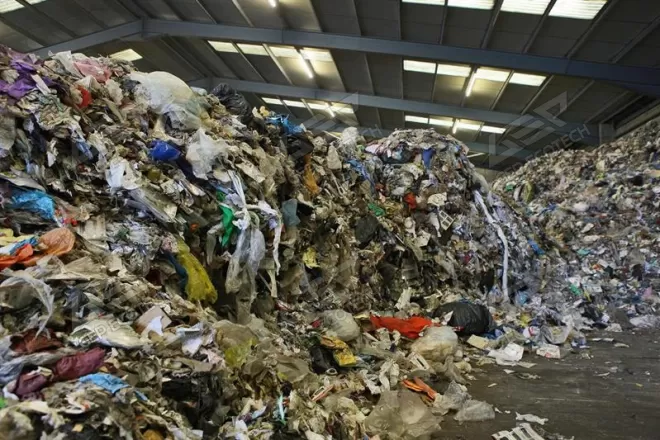
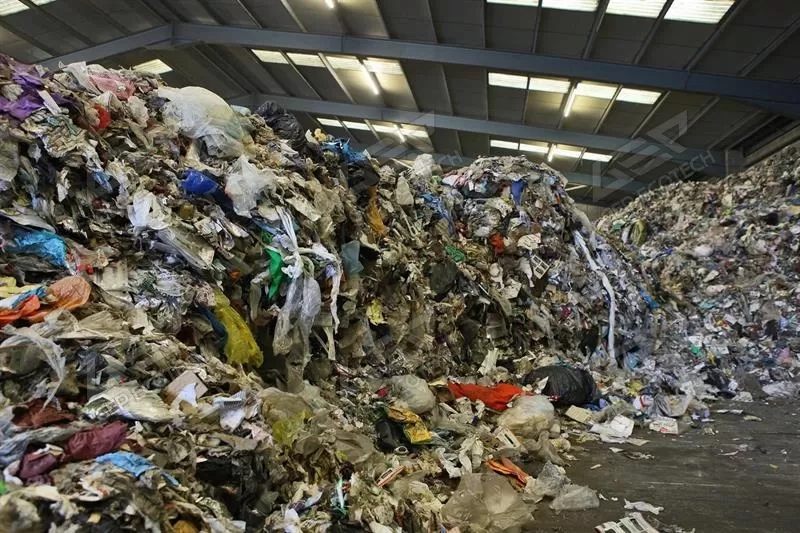
Alternative fuel RDF (Refuse Derived Fuel) refers to solid secondary substances that are produced from waste and serve as a fuel in some types of production. Typically RDF is used as a supplemental or primary fuel in plants that operate smelting or reheating furnaces at high temperatures.The incineration of RDF in such kilns is much safer than using plain MSW, as cement plant heating kilns typically operate at temperatures of 1600 ° C or more. In such conditions, the overwhelming majority of harmful…
Learn MoreRecycling of Municipal Solid Waste (MSW) into Fuel (RDF)
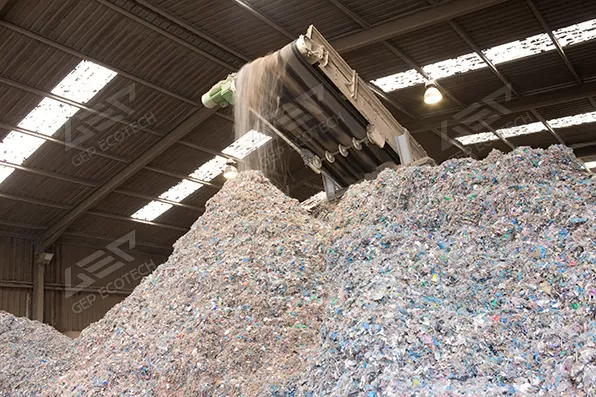
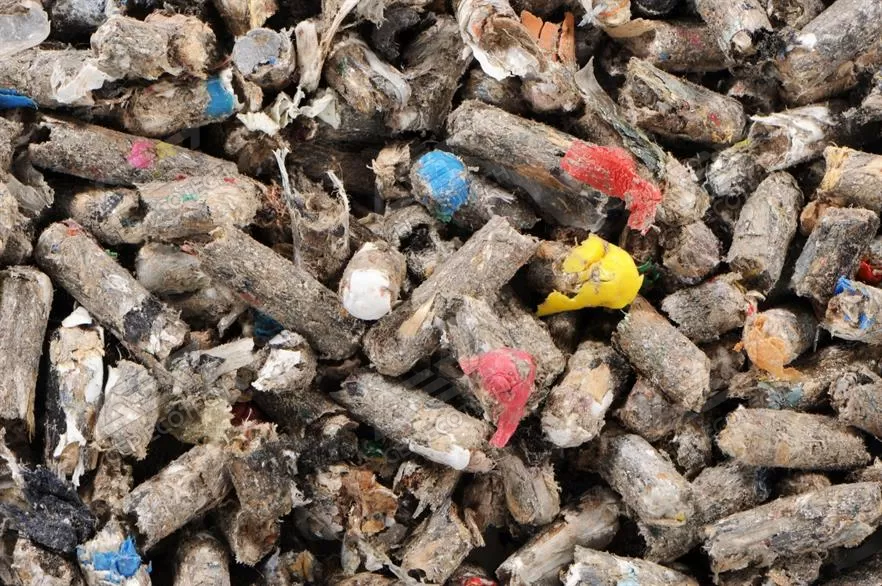
Refuse Derived Fuel(RDF) is the generic name for alternative fuels obtained from recycling. Almost any organic material is suitable as fuel: cellulose, rubber, plastic, leather, its substitutes, etc.By using professional machinery, it is possible to make MSW to solid fuel pellets, briquettes or pellets, but RDF can also be sold in bulk in a shredded state. Recycled fuel is in demand at metallurgical and cement plants, thermal power plants and boiler houses. GEP Ecotech can carry out complex engineering…
Learn More